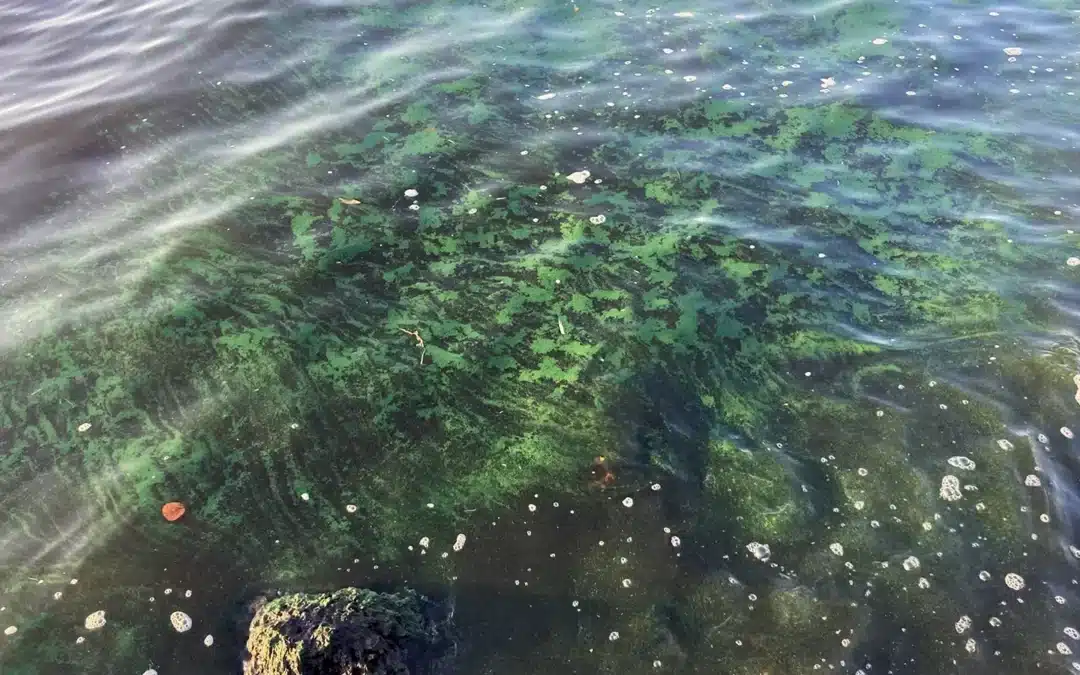Calusa Waterkeeper is among five conservation organizations and the City of Stuart, Florida to petition the Environmental Protection Agency to set limits on the dangerous algae bloom toxins that now routinely threaten the health of Floridians and wildlife.
It has now been over 5 years since Calusa Waterkeeper, Center for Biological Diversity and Sanibel-Captiva Conservation Foundation originally joined together to formally ask the State of Florida to initiate rule-making on cyanotoxin pollution limits.
In response to Florida’s failure to act, this new petition asks the EPA to use its authority under the Clean Water Act to step in and set water-quality standards for the harmful toxins.
“The state’s refusal to set limits on these dangerous toxins suggests it’s more concerned about avoiding responsibility for algae blooms than providing necessary protections for Floridians,” said Jason Totoiu, a senior attorney at the Center for Biological Diversity.
“Lake Okeechobee, the Caloosahatchee River and many waters in Calusa Waterkeeper’s work area have experienced microcystis blooms of increasing scope and severity,” said Codty Pierce, Calusa Waterkeeper. “It is long overdue for the state of Florida to become a leader in regulating water quality and its impact on human health. Many states such as Ohio, Oregon, Minnesota, and Vermont have proactively established numerical cyanotoxin action levels and there is a critical need to do so in Florida.”
This action underscores Calusa Waterkeeper’s primary initiatives to monitor and protect water quality and its impacts on human health, quality of life and economic prosperity in Southwest Florida.
Read the full petition: https://www.biologicaldiversity.org/campaigns/Floridas-toxic-algae/pdfs/05-29-2024-Final-EPA-Petition.pdf

























